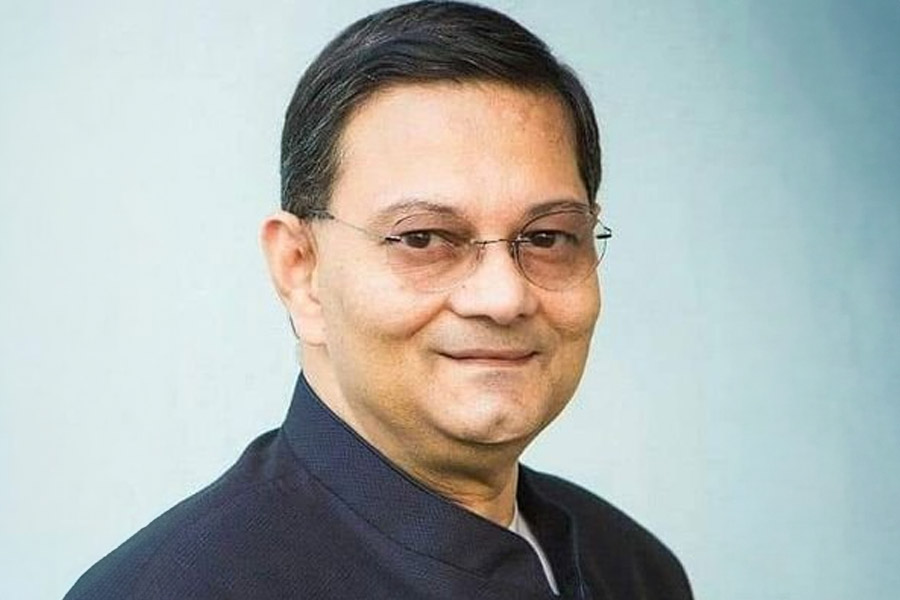Chandra Kumar Bose, grandnephew of Netaji Subhas Chandra Bose, has appealed to Prime Minister Narendra Modi to bring the mortal remains of the freedom fighter from Renkoji temple in Japan to India.
In a letter to the Prime Minister, Bose on Saturday said "On the eve of August 18, the death anniversary of Netaji Subhas Chandra Bose, I once again appeal to you to bring Netaji's remains from Renkoji to India." Netaji's grandnephew said the life of Netaji Subhas Chandra Bose has passed into the realm of legend.
"His magnetic personality, brilliance of mind, extraordinary courage, selflessness, and unwavering dedication to the cause of India's freedom have made him forever a hero in the hearts and minds of not only men and women in India, but of freedom-loving people everywhere," he said.
He said that the circumstances of his (Netaji's) death from an air crash while leaving Taiwan in a Japanese military aircraft in the aftermath of Japan's surrender in August 1945, perhaps with a plan to make his way to the Soviet Union to continue the struggle, was seen by many as just another ruse to escape his enemies.
"Close family members including beloved brother Sarat Chandra Bose under British detention in south India and widow Emilie in Vienna, continued to yearn for Subhas's return, but neither at any time had any definite knowledge of Subhas being alive after 18 August 1945", he said.
According to Netaji's grandnephew, there is no doubt of the genuine disbelief among some that Netaji perished in the manner described in a host of contemporary accounts from multiple sources.
"After all here was a man who had once given the slip to the British and undertook an arduous trek from Calcutta through north India to Afghanistan, eventually reaching Berlin by air through Moscow. Only a few years later in the midst of a raging world war, he survived an even more perilous voyage by submarine from Germany to South East Asia. How could such a man die!", Bose said.
The government of Prime Minister Jawaharlal Nehru in 1956 had set up a three-member inquiry committee with INA veteran General Shah Nawaz Khan in the chair, Bose said.
"For the first time, detailed information, including from eleven direct witnesses to the crash in Taiwan and then Netaji's death some hours later, was thus recorded in the official report. It is notable that there should have been so many first-hand accounts, from fellow passengers on the aircraft, Japanese military personnel on the ground beside the runway, and Japanese and Taiwanese medical staff at the hospital. Netaji's Indian military aide from the INA Colonel Habib ur Rahman who travelled with Netaji and survived the crash and aftermath, was also one of the direct witnesses," he said.
A government-appointed Khosla Commission Report of 1974 reaffirmed the 1956 Shah Nawaz findings which had been accepted by the government. The third and last government-appointed Justice Mukherjee Commission of Inquiry 2005 finding that Netaji did not die in the said air crash was found to be based on fundamental errors and the government of India thus rejected it, he said.
"It is time that the Government of India, under your able leadership has taken the initiative to declassify Netaji-related files to come to a closure. After the release of all the files (10 enquiries - national and international), it is evident that Netaji perished on August 18, 1945. It is, therefore, imperative that a final statement is made from the Government of India so that false narratives about the Liberator of India is laid to rest", he said.
Bose said, "Efforts must be made now to bring the mortal remains of an immortal Hero to his home country India, the land he liberated".
Except for the headline, this story has not been edited by The Telegraph Online staff and has been published from a syndicated feed.










